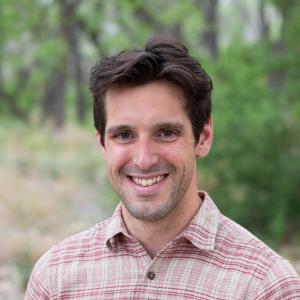Taylor
Luneau

Taylor Luneau is a dedicated public lands advocate, conservation policy expert, and outdoor enthusiast working to advance community-led conservation and sustainable public lands management. As Colorado Conservation Manager at The Wilderness Society, Taylor collaborates with local communities, decision-makers, and partner organizations to protect Colorado’s wild landscapes, shape federal and state forest policy, and drive conservation solutions that balance ecological integrity with outdoor recreation and rural economies.
Before his current role, Taylor served as the Western North Cascades Conservation Manager, leading efforts to secure public lands protections, improve recreation management, and strengthen conservation partnerships in Washington State. He brings deep expertise in forest and recreation policy, legislative and administrative advocacy, and resource management planning. His policy work spans natural resource law, science-based conservation campaigns, and public lands defense.
Taylor’s connection to public lands is both professional and deeply personal. An avid climber, skier, mountain biker, and trail runner, he draws inspiration from time spent exploring the country’s wild landscapes, from the North Cascades to the San Juans. His passion for conservation is rooted in lived experience—he knows firsthand the value of public lands access, responsible stewardship, and climate resilience.
Taylor holds a Master of Environmental Law and Policy from Vermont Law and Graduate School and a Master of Science in Natural Resource Science from the University of Vermont. His work has contributed to climate adaptation research, public interest litigation, and conservation media including Freeze // Thaw, a short film on the intersection of climate science and mountain life. He is a firm believer in collaborative solutions and strives to make conservation inclusive, durable, and driven by the voices of those who depend on public lands most.
